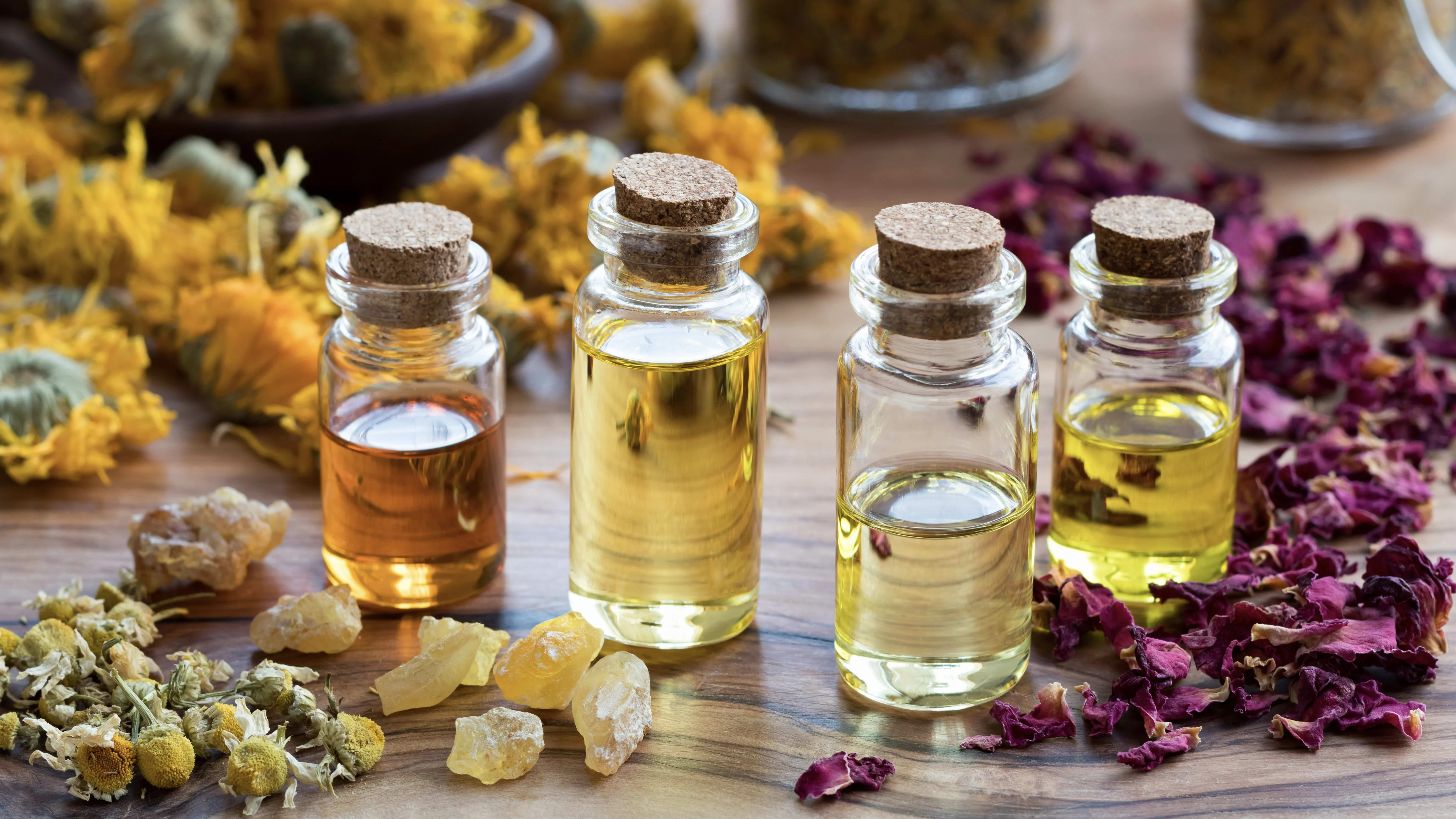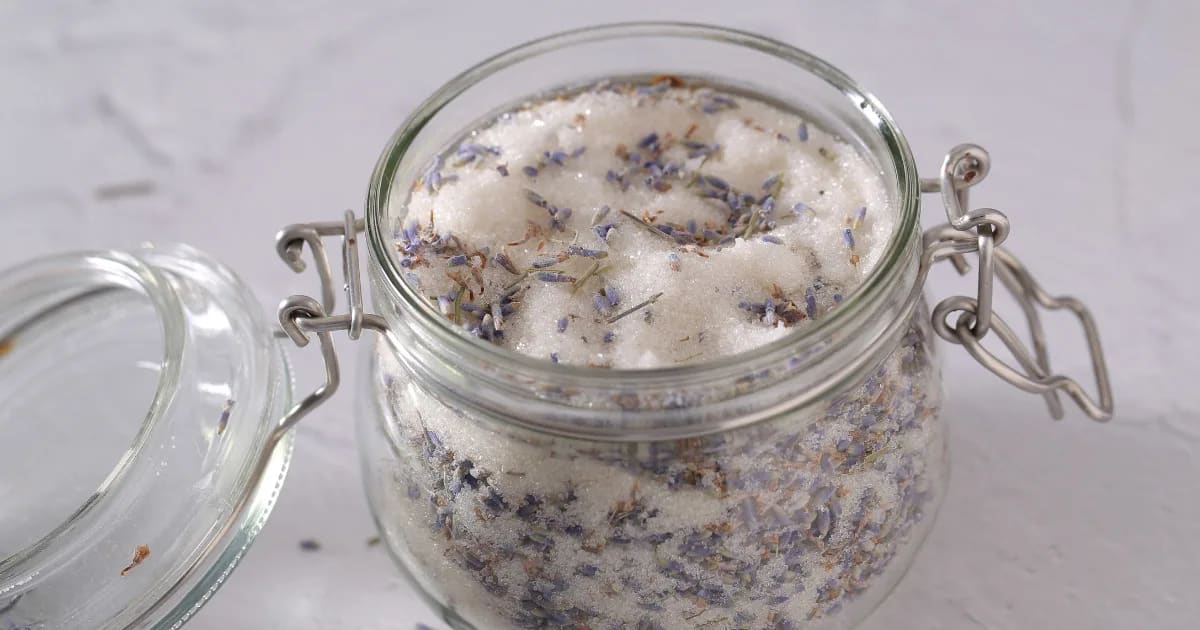Staying Balanced and Stress-free During the Holidays

It’s the most wonderful time of the year?
While the holidays bring us so many things to look forward to, they can also be … well, a bit more anxiety-inducing than your average months.
So why does this potentially joyous time often feel so stressful?
Because expectations are high, schedules are packed, and family and financial pressures get kicked into high gear. You might have more to get done at work. There are holiday parties to plan and attend. Maybe you make special meals and deep-clean the house for family gatherings. And then there are all those gifts to buy…
With all of these factors coming into play at once, it’s understandable to feel more anxious than usual. And it’s important to know you are not alone! In fact, according to one research study, 81% of people feel stressed at least sometimes during the holiday season.
The good news is that acknowledging your emotions and taking steps to support yourself can help you reconnect to the spirit of the holidays and get as much enjoyment out of them as possible.
In this post, we’ll discuss the nature of stress, techniques to help address it, ways that essential oils can help, and ideas to help you create calming routines (even if your holiday schedule is jam-packed!)
Stress begins in the mind
When your mind senses danger—like the presence of a tiger or an oncoming car—it alerts your body to spring into action. Your sympathetic nervous system activates the stress response to help you get out of danger. Stress is meant to keep you safe!
The problem occurs when your mind continues seeing threats left and right, keeping your body in a constant state of anxiety.
That’s where mindfulness comes in!
What is mindfulness?
Mindfulness is a type of meditation that involves focusing on your surroundings and on what’s happening in the present moment.
That includes sensing into your thoughts and feelings without judgment.
Practicing mindfulness trains your brain
to focus on the moment, so it can
register that you’re not in danger.
When this understanding settles in, your brain realizes it’s okay to relax the stress response.
“Spending too much time planning, problem-solving, daydreaming, or thinking negative
or random thoughts can be draining.It can also make you more likely to experience
stress, anxiety and symptoms of depression. Practicing mindfulness exercises can help
you direct your attention away from this kind of thinking and engage with the world
around you.”
So when you find yourself worrying about delayed shipping for your holiday gifts, whether Aunt Nancy will behave herself this year, or how to make a meal that will please your picky kids AND your vegan brother-in-law, taking a mindful moment can help you break the cycle and get you back on track.
That sounds great! Does it really work?
Yes! A host of studies and clinical trials have explored mindfulness. It’s useful for soothing:
Depression
Anxiety
Stress
Pain
Insomnia
Mindfulness can even lower high blood pressure.
The more mindful you can be, the easier it’ll be for you to tap into your core of inner peace. Your parasympathetic nervous system takes over, regulating your mind and body.
Essential oils that support and enhance mindfulness
Essential oils can help you anchor attention, reach a relaxed state more quickly, and maintain relaxation for a longer duration. That’s because the chemical components found in some essential oils have been proven to measurably calm stress and anxiety. Let’s go over a quick list of 5 oils that can help and details about why they work so well. Then we’ll share some ways to use these oils during the holidays to manage moments of stress and anxiety!
Black Spruce Oil (Picea mariana)
What could be more seasonal than using a conifer oil around the holidays? Black spruce is rich in bornyl acetate, which can help you relax after computer work or other types of screen time.Clove Bud Oil (Syzygium aromaticum/Eugenia caryophyllata)
Clove bud—another seasonal scent!—contains eugenol. Eugenol may inhibit an enzyme (known as MAO) that breaks down “feel good” hormones like serotonin.Lavender Oil (Lavandula angustifolia)
The most famous stress-soothing essential oil of all! This is another oil we have mountains of research for. Thanks to its rich linalool and linalyl acetate content, lavender oil is a go-to for relaxation. Lavender preparations have even performed as well as Lorazepam for calming anxiety.Patchouli Oil (Pogostemon cablin)
Patchouli has a long history of use for meditation, making it a classic oil for mindfulness. It contains some unique components that help relax the nervous system. Blends with patchouli have even performed as well as lavender in some cases!Tamala Oil (Cinnamomum tamala ct linalool)
Another linalool-rich oil! Tamala contains around 40% of this incredible calming component. Its soft-cinnamon scent is perfect for the holidays, too.
Using essential oils to calm holiday stress
In this section, we recommend tips for fitting mindfulness into your schedule -- even during a busy day. We’ll also share recipes for some calming blends that can offer even more support.
Making calming rituals a natural part of your day
Creating new habits when you are feeling stressed can be hard, so we’re sharing a few tips to smooth the process and keep calming rituals top of mind.
First, look for ways to make mindfulness easy on yourself! Create your blends in advance and keep them in convenient places. For example, if you use an inhaler at work, keep it in your desk drawer. If you sometimes get stressed out in the car, consider getting a car diffuser.
Try setting reminders to stay
mindful and use your essential oil blends.
You could set a soft chime to go off once an hour on your phone. When you hear it, pause for a minute or two of mindfulness, and use an essential oil blend. It may feel like you don’t have the time to spare. But remember: one minute is not a long time at all. Taking that minute can optimize your well-being—and even your productivity—afterward.
Take note of your surroundings. Where are you? What’s happening? Is your mind trying to plan for the future or worrying about the past? All of that is okay. Just be mindful of what’s going on.
DIY blend recipes to try
The recipes we’ve linked to below are just suggestions. An important aspect of using essential oils for anxiety is choosing scents that you love—aromas that bring up good memories or positive emotions for you. Feel free to make your own blends with any of the oils listed above. In this blog we share even more recipes.
Morning
If you have a habit of showering in the morning, make yourself a grounding body wash to start your day on the right foot. This recipe will help you take advantage of the calming powers of tamala oil.
At work
If you work outside your home, you may not want to diffuse essential oils in the office since your co-workers might not want to smell them. Instead, you can use more personal blends, like an anxiety-calming hand lotion. Here’s one you’ll love from our YouTube channel that features tamala and patchouli oils! After using your hand lotion, take a moment and breathe in the aroma from your palms.
Evening
When it’s time to wind down after a busy day, set a relaxing mood in your home with a diffuser blend. Here are a few recipes that feature lavender and patchouli oils to help you feel peaceful and meditative.
Support yourself and others with natural anxiety relief. In our spotlight course, Natural Anxiety Relief with Essential Oils, you’ll gain familiarity with three chemical components found in essential oils that help calm the nervous system, ease anxiety, and even relieve pain! You’ll also learn how to make safe and effective natural remedies to address anxiety symptoms.
REFERENCES
Greenberg, A., Berktold, J. (2006) Holiday Stress Report 4
Chen, Y.‐J., Cheng, F., Shih, Y., Chang, T.‐M., Wang, M.‐F., and Lan, S.‐S. (2008) Journal of Complementary and Integrative Medicine 5, article 18. Cited by Dobetsberger, C. and Buchbauer, G. (2011) Actions of essential oils on the central nervous system: an updated review. Flavour and Fragrance Journal 26, 5, 300-316.
Hongratanaworakit, T. and Buchbauer, G. (2006) Relaxing effect of ylang ylang on humans after transdermal absorption. Phytotherapy Research 20, 9, 758-763.
Hwang, J.H. (2006) The effects of the inhalation method using essential oils on blood pressure and stress responses of clients with essential hypertension. Taehan Kanhoe Hakhoe Chi 36, 7, 1123-1134. Article in Korean.
Keng, S. L., Smoski, M. J., & Robins, C. J. (2011). Effects of mindfulness on psychological health: a review of empirical studies. Clinical psychology review, 31(6), 1041–1056. doi.org/10.1016/j.cpr.2011.04.006
Lima, N.G., de Souza, D.P., Pimenta, F.C., Alves, M.F., de Souza, F.S., (2012a) Anxiolytic-like activity and GC-MS analysis of (R)-(+)-limonene fragrance, a natural compound found in foods and plants. Pharmacology, Biochemistry and Behavior 103, 450-454.
Matsubara E, Fukagawa M, Okamoto T, Ohnuki K, Shimizu K, Kondo R. (2011) (-)-Bornyl acetate induces autonomic relaxation and reduces arousal level after visual display terminal work without any influences of task performance in low-dose condition. Biomedical Research 32, 151-157.
Morris, N., Birtwistle, S., & Toms, M. (1995). Anxiety reduction by aromatherapy: anxiolytic effects of inhalation of geranium and rosemary. International Journal of Aromatherapy, 7(2), 33-39.
Perry, N. and Perry, E. (2006) Aromatherapy in the management of psychiatric disorders: clinical and neuropharmacological perspectives. CNS Drugs 20, 4, 257-280.
Shirzadegan, R., Gholami, M., Hasanvand, S., Birjandi, M., & Beiranvand, A. (2017). Effects of geranium aroma on anxiety among patients with acute myocardial infarction: A triple-blind randomized clinical trial. Complementary therapies in clinical practice, 29, 201-206.
Siahaan, R., Rahardjo, T. B., & Ranti, A. (2015). Effectiveness of Indonesian Essential Oil Mixture of Lemongrass, Cananga, and Patchouli in Relaxation through Inhalation: A Clinical Test on Healthy Woman with High Potential for Stress. Makara Journal of Health Research, 143-151.
Tisserand, R. and Young, R. (2014) Essential Oil Safety 2nd Edition. Edinburgh: Churchill Livingstone.
Watanabe, E., Kuchta, K., Kimura, M., Rauwald, H. W., Kamei, T., & Imanishi, J. (2015). Effects of bergamot (Citrus bergamia (Risso) Wright & Arn.) essential oil aromatherapy on mood states, parasympathetic nervous system activity, and salivary cortisol levels in 41 healthy females. Forschende Komplementärmedizin/Research in Complementary Medicine, 22(1), 43-49.
Wang X, Li J, Wang C, Lv J. The effects of mindfulness-based intervention on quality of life and poststroke depression in patients with spontaneous intracerebral hemorrhage in China. International Journal of Geriatric Psychiatry. 2020 May;35(5):572-580. doi: 10.1002/gps.5273. Epub 2020 Feb 12. PMID: 32011785.
Woelk, H. and Schläfke, S. (2010) A multi-center, double-blind, randomised study of the Lavender oil preparation Silexan in comparison to Lorazepam for generalized anxiety disorder. Phytomedicine 17, 2, 94-99.
https://www.apa.org/news/press/releases/2006/12/holiday-stress.pdf





